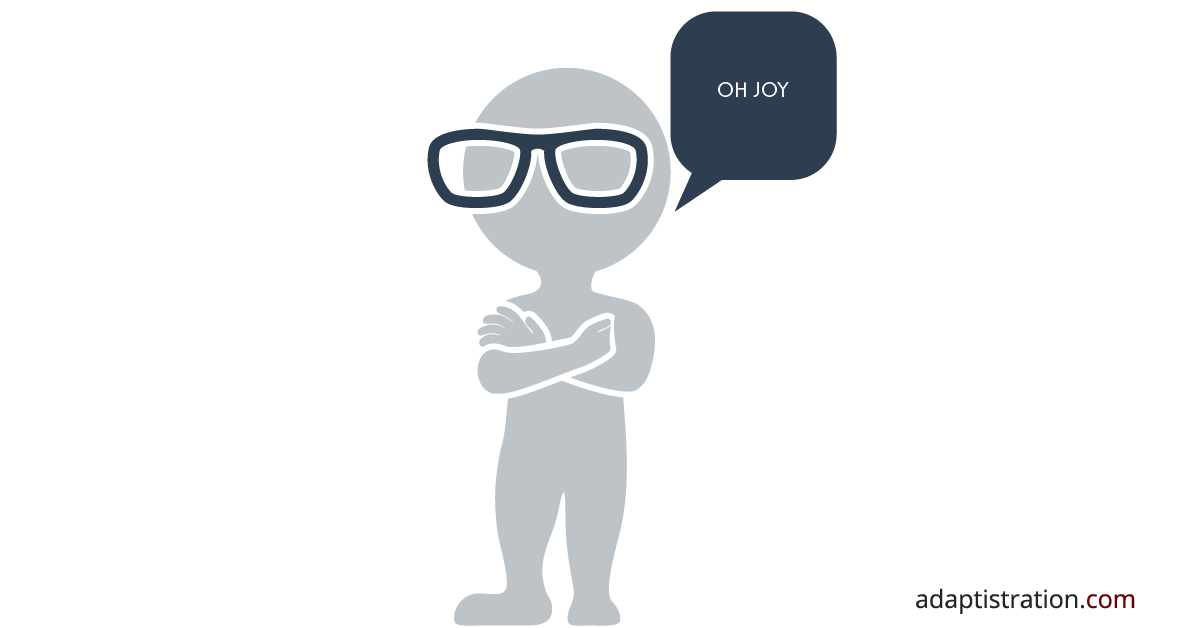The New York State Office of the Attorney General published a report last week that has been years in the making (h/t Joe Patti). The report “is the product of an extensive investigation by the [e Office of the New York Attorney General] of the parties that sought to influence the FCC’s 2017 proceeding to repeal the agency’s net neutrality rules.”
This is a topic we examined in great detail at the time along with launching advocacy efforts to prevent the FCC from killing Net Neutrality.
While satisfying to see the OAG uncover such rampant efforts from Telecom providers to influence a decision that was in their interests, the real eye opener is the lengths they went to dupe unsuspecting people to use their information to submit more than 8.5 million fake comments.
“…red flags were ignored by the campaign organizers and the way that they conducted their campaign — hiding the broadband industry’s involvement, relying on lead generators that used commercial incentives to lure people to comment, and paying dubious vendors for volume rather than quality — is troubling and raises important policy questions.”
Read the report for details and specific examples about how the broadband industry’s unethical tactics.
While it’s frustrating to see these efforts rewarding those engaging in unscrupulous behavior, the thing to really notice is the report’s recommendations on the need for stepping up consent laws related to the ways organizations gather an individual’s information.
In a nutshell, the report’s recommendations all point to the need for the US to adopt similar data protection laws, collectively known as General Data Protection Regulation (GDRP), employed by the European Union in 2016.
GDRP regulations protect individuals with regard to the processing of personal data and on the movement of that data, or, how it’s shared between organizations. If similar measures are adopted by the US, they will have a large impact on the entire nonprofit performing arts sector.
For the record, I fully support a US version of GDRP. Short term headaches will be forgotten once organizations begin to see the long-term value in maintaining healthier data consent policies with patrons. If anything, the OAG report serves as a strong forewarning about why nonprofit performing arts orgs need to evaluate the database platforms and lead gen practices currently in place and identify how they can begin to make modifications to conform to more rigorous data protection standards.
Doing so now means the entire process will be less expensive and less of drain on human resources once the US crosses this legislative threshold.


